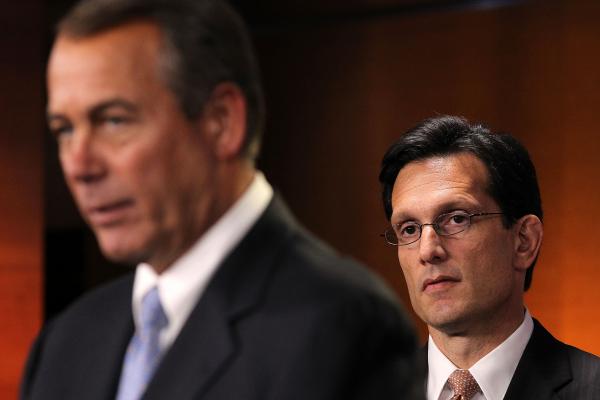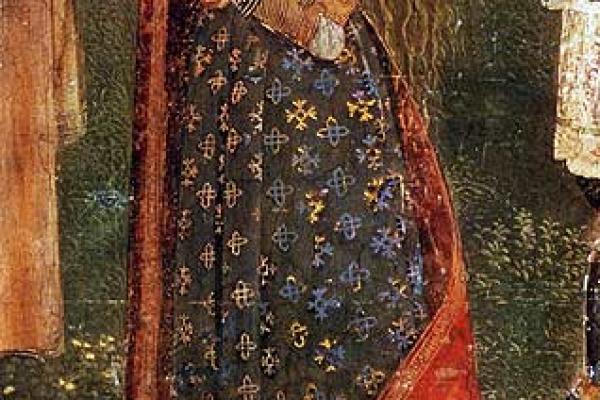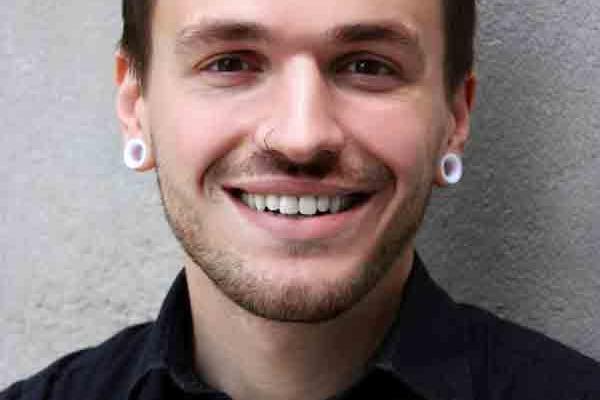The Angels of Advent are saying, "Do not be afraid" -- we bring good news of immigration reform.
And what does fear do to us?
We disregard the good news at our doorstep, the opportunity to live with Jesus among us, and keep on building walls at our threshold. Perhaps that's why the angels of the Bible repeat this admonishment -- Do not be afraid -- over and over again, for fear inhibits our ability to see and hear a new vision.
I remember as a child wanting to leave the lights on in my room at night. The shadows and sounds were too much for an imagination that could run wild to handle. As adults, of course, it's our duty to assure children that nothing is living in their closets or under their beds. We offer the comfort of reality so that the child will go to sleep and have sweet dreams.
But you have to admit, as adults we are gripped by the same fear but on a different level. We may compulsively check to make sure the front door is locked. We don't look strangers in the eye (especially those we deem to look "strange") as we pass them on the street.
The day after the election, many top Republicans made statements in support of comprehensive immigration reform. With rising Latino participation in elections, they see the need to work across the aisle for true reform to a broken system.
Those behind a new super PAC want to make sure they are successful. The group, Republicans for Immigration Reform, was formed to give political cover to Republicans willing to support bipartisan immigration reform proposals.
On the morning of Nov. 7, just hours after polling places closed and as votes continued to be counted, the national attention seemed to simultaneously switch from projected winners to the issues that deserved immediate attention. Instead of speculation surrounding which candidates may emerge victorious, many expressed the need for swift action on climate change, job creation, and education reform. The meticulous analysis of exit polls was abruptly replaced with calls for change surrounding immigration, taxes, and sustainable peace in the Middle East. Wwithin moments of receiving the news of Election Day winners, the general public swiftly switched its collective attention to matters of the immediate future.
In light of the various challenges facing our national and global community, there are indeed numerous issues that require the immediate attention of our elected officials. And our newly re-elected president, as well as others placed into public service, should be called upon for genuine cooperation, fair action, and immediate impact.
But while urgency is required in light of pressing concerns, an overindulgence of immediacy also contains a long list of shortcomings. Discipline and patience are required to bring forth intellectual depth, balanced consideration, and lasting compassion. As humans are more inclined to favor short-term over long-term rewards, the virtue of patience should be appreciated for its many worthwhile benefits.
There are some artists whose work leaves you walking away thinking, “How in the world did they do that?” The Yeasayer performance at the 9:30 Club in D.C. on Nov. 15 was one such performance.
The psychedelic electro pop group hailing from Brooklyn pumped out a wholesome set of favorites from its older releases as well as songs from its recent — and divisive — album Fragrant World, all to the backdrop of what looked like a chunk of the Epcot ball from Disney World.
But the elaborate — and frequently trippy — back drop and light show seamlessly augmented the synth-laden songs, morphed electric guitar, and catchy hooks. It was truly and audiovisual experience. Had their performance included some neon gummy worms or something, it would have engaged nearly every sense.
VATICAN CITY -- Their lives steeped in intrigue, treason and lust, and set against a backdrop of luscious Italian landscapes and Renaissance masterpieces, the Borgias are probably the most famous -- or infamous -- family in the long history of the papacy.
Now, a new Italian book wants to dispel, at least in part, the “black legend” surrounding a dynasty that bore two popes as well as cardinals, poets, and warriors.
Journalist and historian Mario Dal Bello drew on documents from the Vatican Secret Archive to write his new book, I Borgia: La leggenda nera, or The Borgias: The Black Legend.
For five centuries, the Borgias have attracted writers, painters and playwrights. They have been the subject of hundreds of movies and TV productions, most recently Showtime's popular series, The Borgias.
“It's easy to understand why: sex, blood, poison, power,"" Dal Bello said. "This is already fiction material."
As the assistant humanist chaplain at Harvard University, Chris Stedman coordinates its “Values in Action” program. In his recent book, Faitheist: How an Atheist Found Common Ground with the Religious, he tells how he went from a closeted gay evangelical Christian to an “out” atheist, and, eventually, a Humanist.
On the blog NonProphet Status, and now in the book, Stedman calls for atheists and the religious to come together around interfaith work. It is a position that has earned him both strident -- even violent -- condemnation and high praise. Stedman talked with RNS about how and why the religious and atheists should work together.
Some answers have been edited for length and clarity.
Q: What does the term “faitheist” mean? Is it a positive label or a derisive one?
A: It's one of several words used by some atheists to describe other atheists who are seen as too accommodating of religion. But to me, being a faitheist means that I prioritize the pursuit of common ground, and that I’m willing to put “faith” in the idea that religious believers and atheists can and should focus on areas of agreement and work in broad coalitions to advance social justice.
The New York Times reports that before the election, the Obama administration was working to develop rules and procedures for killing by drone strikes. The impetus for the project was a concern that if Mitt Romney were to win the presidency, there was nothing in place to guide a new administration. Resolving internal disagreements also appears to be a goal, as The Times notes:
“Though publicly the administration presents a united front on the use of drones, behind the scenes there is longstanding tension. The Defense Department and the C.I.A. continue to press for greater latitude to carry out strikes; Justice Department and State Department officials, and the president’s counterterrorism adviser, John O. Brennan, have argued for restraint, officials involved in the discussions say.”
The Guardian adds that there already are rules – known as international law.
“Human-rights groups and peace groups opposed to the CIA-operated targeted-killing programme, which remains officially classified, said the administration had already rejected international law in pursuing its drone operations.
"To say they are rewriting the rulebook implies that there isn't already a rulebook" said Jameel Jaffer, the director of the American Civil Liberties Union's Center for Democracy. "But what they are already doing is rejecting a rulebook – of international law – that has been in place since [the second world war]."
Also this weekend, the Washington Post reported that drones are also playing a role in the selection of a new CIA Director to replace David Petraeus.
“As Obama approaches a second term with an unexpected opening for CIA director, agency officials are watching to see whether the president’s pick signals even a modest adjustment in the main counterterrorism program he kept: the use of armed drones to kill suspected extremists. … The list of possible replacements is led by three CIA veterans who have all contributed to the agency’s pronounced shift toward paramilitary operations. Obama’s choice could determine whether the trajectory continues or begins to taper off.”




